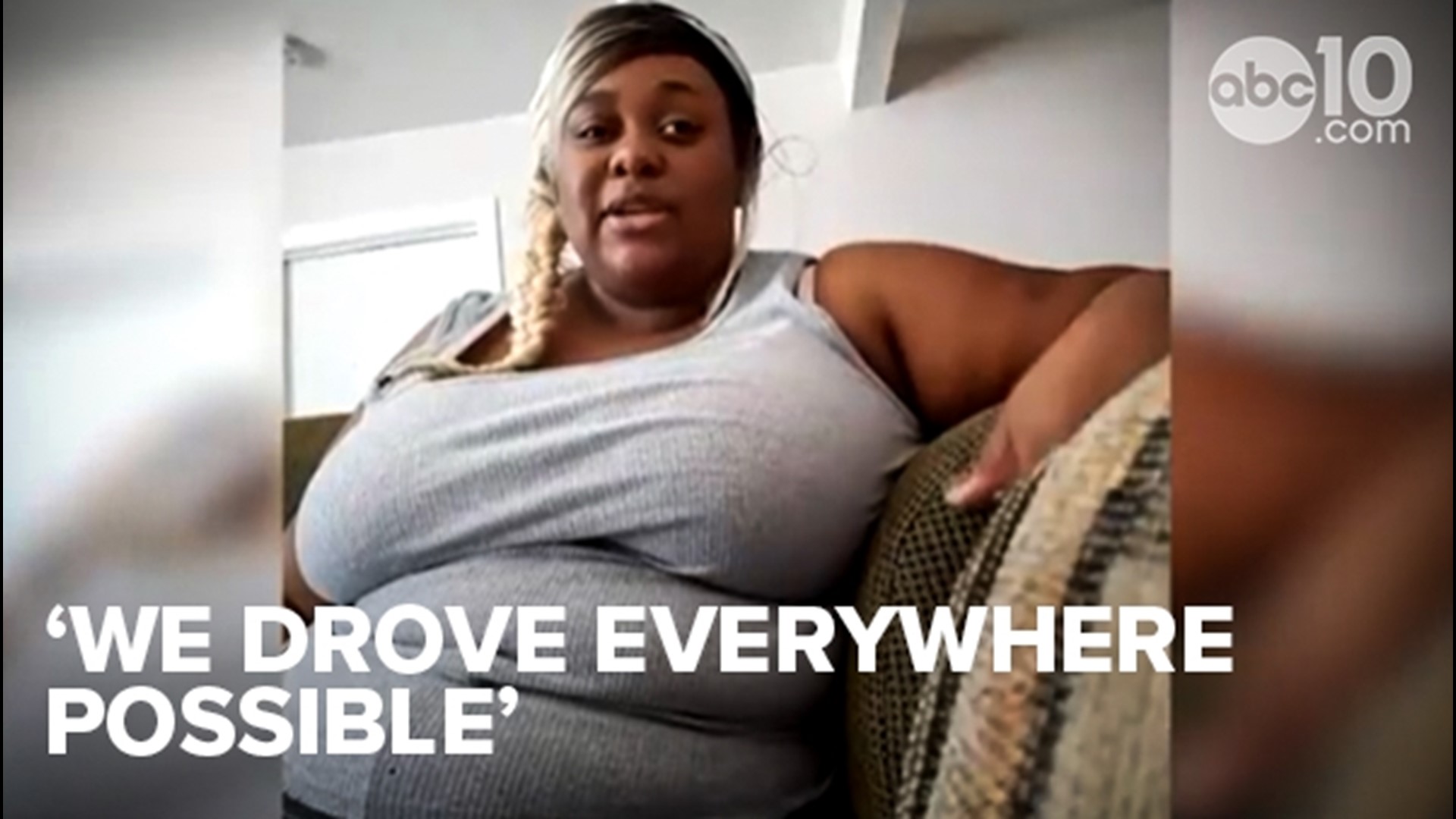SACRAMENTO, Calif. — The baby formula shortage in the U.S. has grown rapidly since February, quickly impacting countless families. The shortage is due, in part, to ongoing supply chain issues related to the COVID-19 pandemic.
Abbott, one of the country's largest infant formula makers, exacerbated the problem after halting infant formula production earlier this year due to concerns of bacterial contamination. The recall includes Similac, Alimentum and Elecare powdered infant formulas.
Black mothers, low-income families and parents who rely heavily on special formula for their babies and children are being hit the hardest by the shortage, and health officials say breastfeeding is not an option for everyone.
The baby formula shortage is highlighting the racial disparities in breastfeeding. Fewer Black infants (75.5%) are ever breastfed compared with Asian (92.4%), White (85.3%) and Hispanic infants (85.0%), according to the Centers for Disease Control and Prevention. Some of the contributing factors include:
- Issues with lactation and latching
- Concerns about infant nutrition and weight
- Mother's concern about taking medications while breastfeeding
- Unsupportive work policies and lack of parental leave
- Cultural norms and lack of family support
- Unsupportive hospital practices and policies
According the CDC, infants, typically, receiving the Special Supplemental Nutrition Program for Women, Infants, and Children (WIC) are less likely to ever be breastfed than infants not enrolled in the federal program.
WIC serves low-income pregnant women, breastfeeding women, non-breastfeeding postpartum women, infants, and toddlers and children up to age five who are found to be at nutritional risk. Through the program, federal grants are provided to states for supplemental foods, health care referrals and nutrition education.
As the baby formula shortage continues, many Black mothers, along with other moms, are scrambling to ensure their babies and children receive proper nutrition.
Janessa Mills is a Black mother of four who lives in Sacramento. Mills says she's struggling because of the baby formula shortage, especially since each child is medically inclined. That includes her three-month-old twins with down syndrome who require special formula.
"No one is able to get this milk," said Mills. "I went on Facebook and posted, 'Anybody have any access or know anything about this milk called PurAmino? If you know where I can order it from, or if you know where it can be delivered from, please tell me."
Mills says she drove around Sacramento on Friday searching for baby formula but had no luck.


Ruby Augustus, another Black mother of four living in Sacramento, was also searching for baby formula on Friday. Since breastfeeding is not an option, Augustus says she drove from Sacramento to a Safeway grocery store in San Jose to buy baby formula.
"You can't find the milk," said Augustus. "I drove three hours away to get some milk for my son. I would love to breastfeed. I really want to, but it's a challenge right now for me and my son because of lactation."


The Black Infant Health Program is working to provide assistance to mothers, especially during the infant formula shortage. The statewide program, overall, works to improve Black infant and maternal health as well as decrease health inequities in infant and maternal mortality rates.
"It's not always as easy as putting the baby on the breast to latch," said Simone Taylor, Program Manager, Black Infant Health Program. "This formula shortages impacts all moms, but especially our black moms due to not everyone having the ability or want to breastfeed so we have to make sure other options are available."
While the White House, manufacturers and federal regulators say they are working on the formula shortage crisis, concerned mothers are stuck trying to find immediate solutions to feed their babies and children.
"I really hope they can fix what's going on," Mills said. "What are we supposed to do? Are we supposed to just sit here and watch our kids suffer?"

